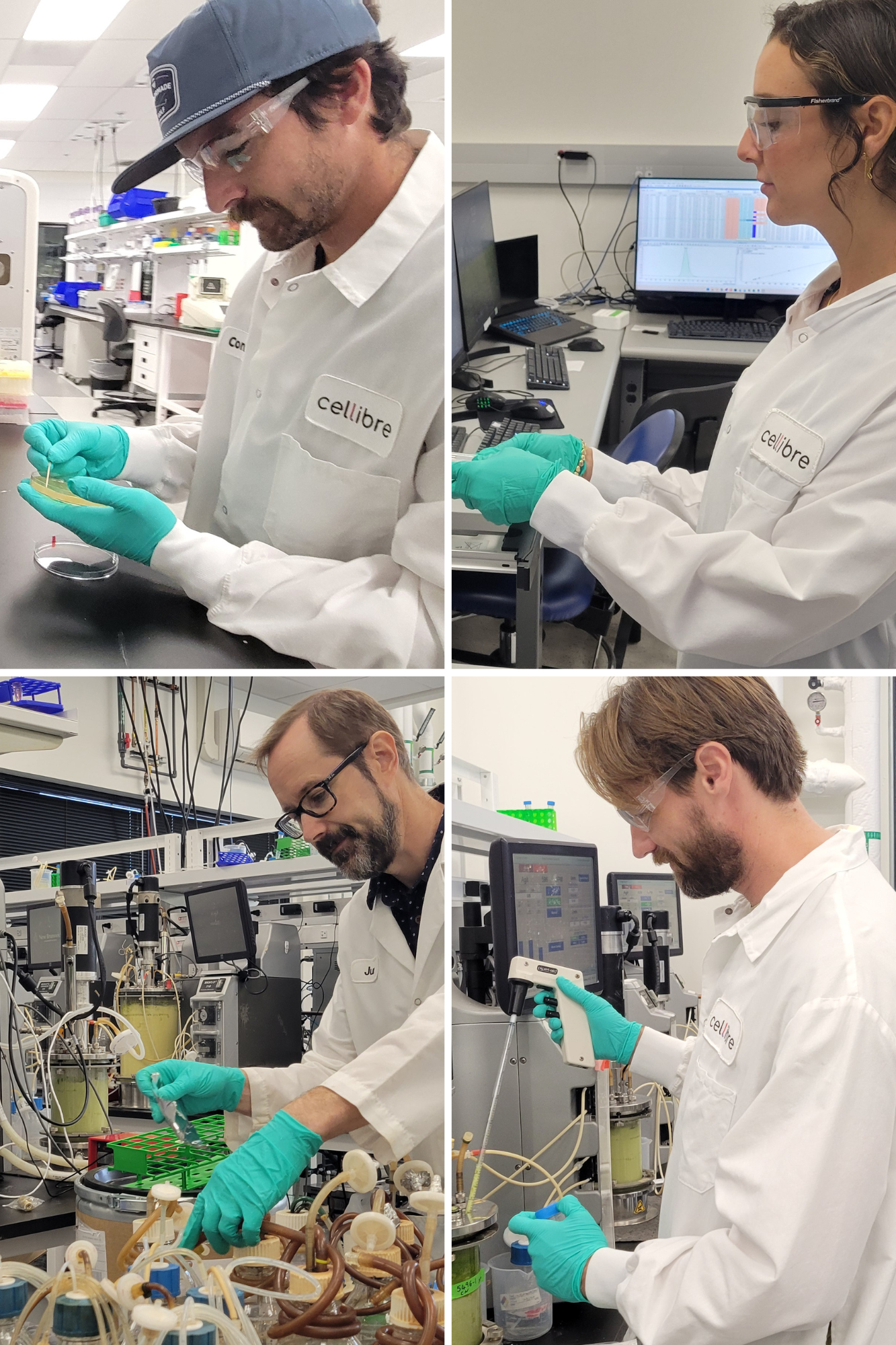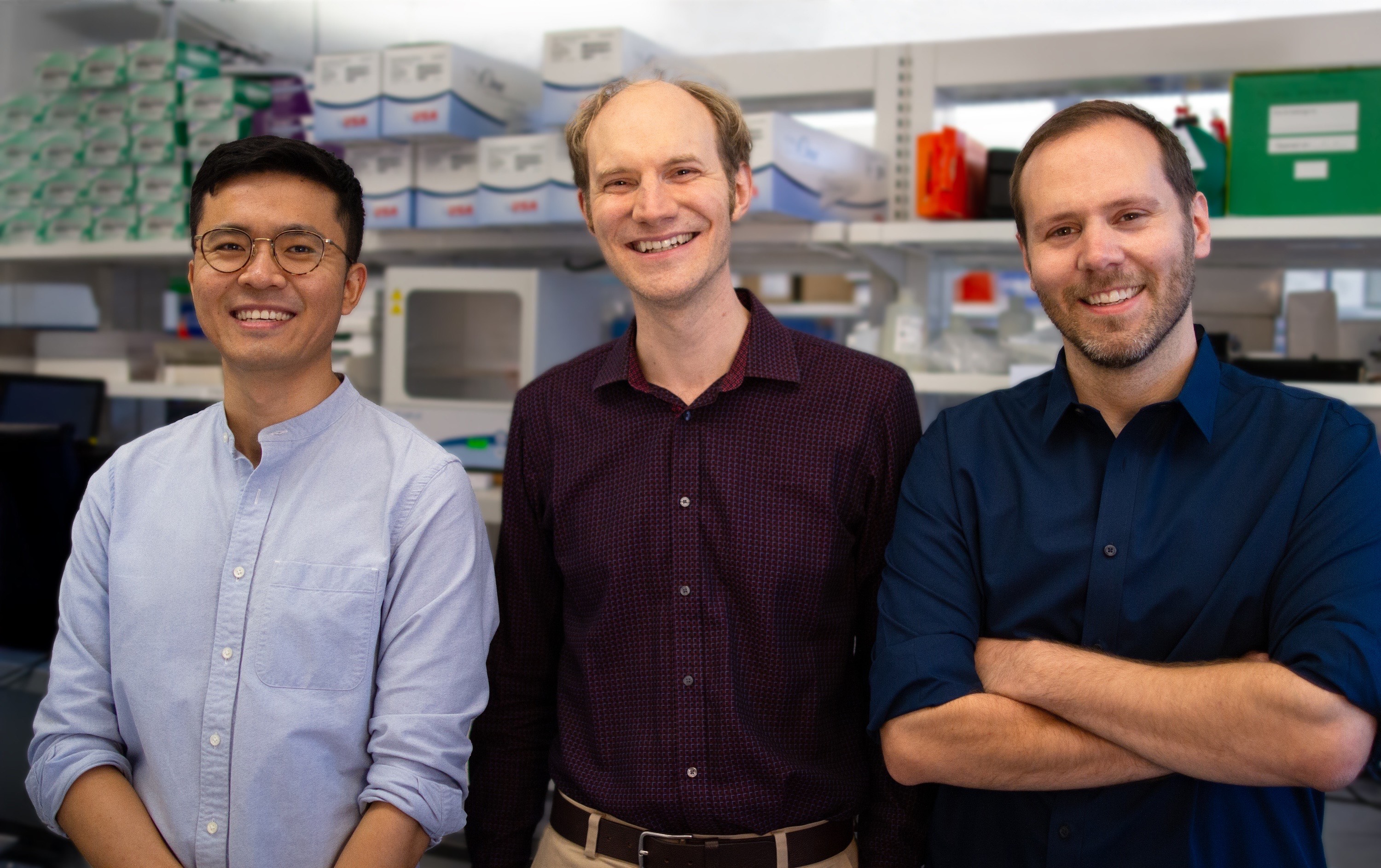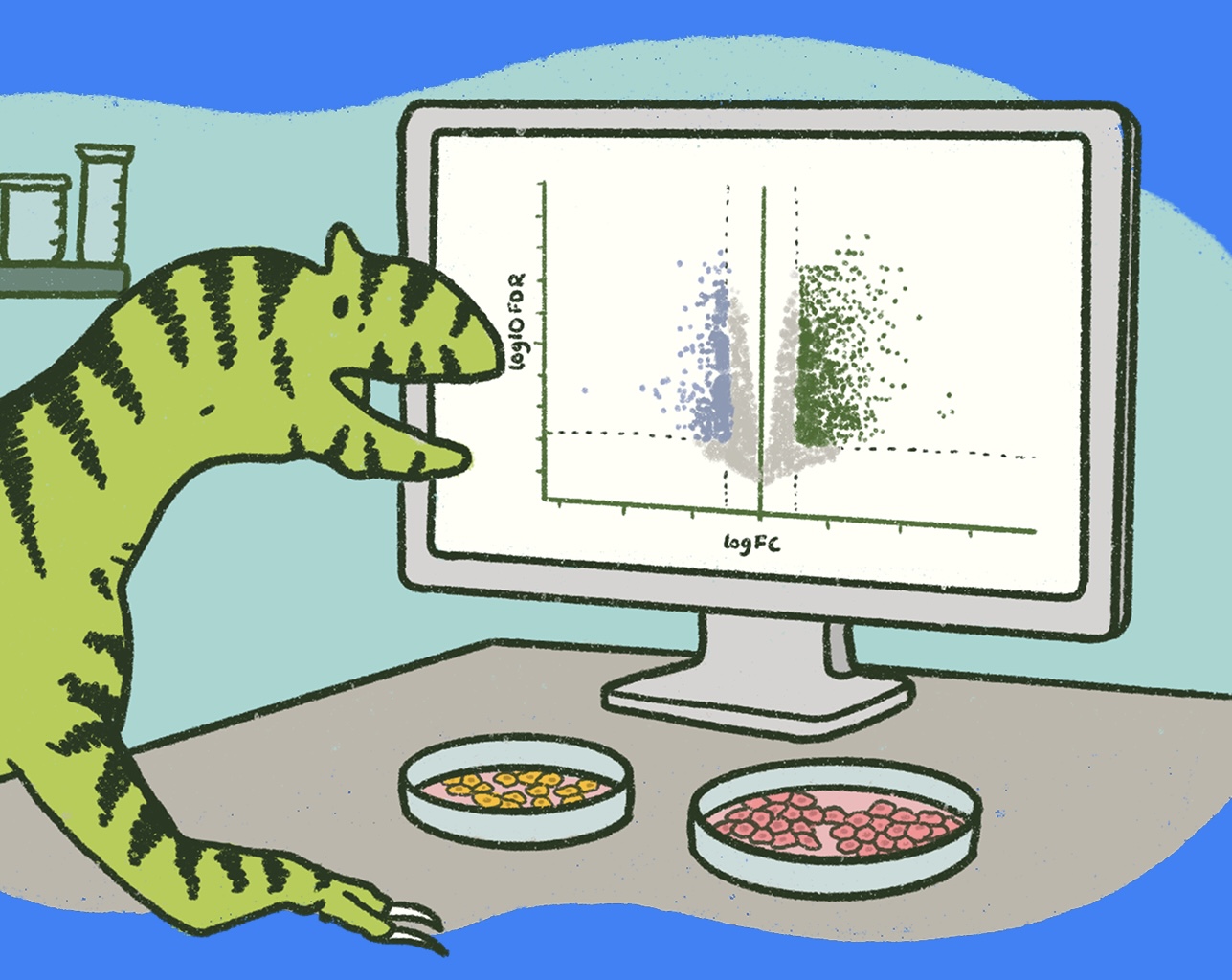The Synthetic Biology Companies Racing To Fight Coronavirus
The Synthetic Biology Companies Racing To Fight Coronavirus
On December 31, 2019, the 2019-nCoV coronavirus was first reported from Wuhan, China. Fast-forward one month: China is making urgent calls for help, the global death toll is climbing, and stock markets are dipping. The world seems to be bracing itself for what could be the next great pandemic.
There are plenty of misconceptions about coronavirus, including how quickly it spreads, and how lethal it is. Whether this coronavirus turns out to be a one-time killer like the Spanish Flu, or something more similar to the seasonal flu that kills hundreds of thousands every year, the rise of coronavirus has put a lot of attention on global biotech’s ability to respond to deadly new diseases.Nowhere else is that response happening like it is within the synthetic biology community.If you’re new to my column, you may be asking what is synthetic biology. Simply put, synthetic biology aims to make biology easier to engineer, using DNA as a programming language for our physical world. Made possible by advances in automation, AI, and our ability to read-write-edit DNA, synthetic biology is accelerating design-build-test cycles in biological engineering. It enables us to synthesize food from thin air, store all the world’s data in a teaspoon of DNA, design smart medicines for individual patients, and program matter itself.With today’s coronavirus outbreak, synthetic biologists are applying cutting-edge tools and technology to help responders go from detection to cure with unprecedented speed and scale. Here are just a handful of companies working behind the scenes of the coronavirus pandemic:
Distributed Bio

I attended a screening of the new Netflix documentary Pandemic, which features Distributed Bio’s universal vaccine technology that aims to prevent a global outbreak of disease. JOHN CUMBERSCollaborating with the World Health Organization and the U.S. military, researchers at Distributed Bio are developing Centivax, a new kind of universal vaccine. Their computational approach finds the unique molecular features on the surface of a range of different pathogens, then uses antibody the immune response against the parts of those pathogens that do not mutate over time.In early tests, the vaccine has shown promise against 39 viral strains of influenza spanning the last century, including all the big pandemic strains to hit the world (1918 H1N1 Spanish flu, 1957 H2N2 Asian flu, 1968 H3N2 Hong Kong flu, 1977 H1N1 Russian flu, 2002 H3N2 Fujian flu, and 2009 H1N1 Swine flu).This technique allows for Distributed Bio to create vaccines for almost any virus, at a fast pace, and in a safe environment. Distributed Bio’s work was recently featured in the new Netflix series Pandemic, which looks at the teams who are fighting to prevent a global outbreak of disease.
GenScript
The 2019-nCoV is difficult to detect during the first two weeks after infection. Infected individuals may not be aware of their contagiousness, thus putting others at risk of contracting the virus. There are cases reported that people can be infectious without showing symptoms. A fast and reliable detection method is needed to help researchers better understand the biology of the disease and potentially guide future diagnostics and treatment.To address this, GenScript is freely offering to researchers a high-tech test for the coronavirus. The test is based on a qRT-PCR detection assay, which uses precise DNA strands to accurately detect and measure the amount of an infectious agent like coronavirus in the bloodstream, for example.GenScript also synthesized the genes that can be used as positive control for the detection of 2019-nCoV for vaccine and antibody development. According to GEN, GenScript has received “urgent requests from partners to synthesize the genes of nCoV-2019 as quickly as possible, so that companies, universities, and government agencies can get to work on the vaccine and therapeutic development.”
Inovio and Twist Bioscience
The Coalition for Epidemic Preparedness Innovations (CEPI) awarded Inovio Pharmaceuticals received a $9 million grant to develop a vaccine against the new coronavirus (2019-nCoV). They have already demonstrated positive clinical outcomes with their vaccine against MERS-CoV, another coronavirus. Working with Inovio is Twist Bioscience, which will provide DNA synthesis.Kate Broderick, senior vice-president of research and development at Inovio, told the BBC: "Our DNA medicine vaccines are novel in that they use DNA sequences from the virus to target specific parts of the pathogen which we believe the body will mount the strongest response to. We then use the patient's own cells to become a factory for the vaccine, strengthening the body's own natural response mechanisms." Inovio has plans for its vaccine to enter human trials by the early summer.
Moderna
Moderna also announced a new collaboration with CEPI to produce a vaccine against coronavirus. The funding will cover manufacturing costs of an mRNA vaccine candidate against the new strain. The work is also supported by federal researchers at the National Institute of Allergy and Infectious Diseases (NIAID), who will conduct preclinical tests and a phase 1 study.The project builds on four years of work, including six positive Phase 1 clinical readouts. Moderna has a mature technology platform, fully integrated manufacturing site and development experience, and established relationship with the NIH, which situates it well to respond to public health threats. Moderna and CEPI hope to create a world in which “epidemics are no longer a threat to humanity,” according to Richard Hatchett, M.D., CEO of CEPI.
Mammoth Biosciences
Mammoth Biosciences, a company developing a toolbox for the next generation of CRISPR-based diagnostics, is partnering with UC San Francisco researchers who are developing a diagnostic test to identify people infected with the new coronavirus. As Leah Rosenbaum of Forbes reports, testing for suspected coronavirus now requires shipping samples to the Centers for Disease Control and Prevention, where it can take six or more hours to complete the test. The new test from Mammoth Bioscience will work by taking a sample from a nasal swab, putting it into a tube with the CRISPR-Cas system, and then dipping in a color-changing strip of paper to determine whether the test result is positive or negative. The whole thing should take one or two hours and could be done in a doctor’s office.UCSF researcher and Mammoth collaborator Charles Chiu say that the coronavirus test could be ready in a matter of weeks, and that the big bottleneck is a lack of human samples with which to test it. He said that very few if any technologies compare to Mammoth Biosciences’ CRISPR platform when it comes to speed, turnaround, and accuracy.
Sherlock Biosciences
Sherlock Biosciences is another synthetic biology start-up developing a fast, reliable test for coronavirus. Founded by two of synthetic biology’s leading academics—Feng Zhang and Jim Collins—Sherlock is advancing CRISPR-based and synthetic biology platforms to diagnose many diseases.Sherlock CEO Rahul Dhanda recently told STAT News that Sherlock’s CRISPR-based platforms are “tailor-made for outbreaks like coronavirus.” Sherlock’s tests would require a simple blood, urine, or saliva sample.
Abcellera
Abcellera is working to identify antibodies that can neutralize the virus and potentially block its transmission. Since 2018, under the DARPA Pandemic Prevention Platform (P3) program, AbCellera has been developing a “technology platform for pandemic response capable of developing field-ready medical countermeasures within 60 days of isolation of an unknown viral pathogen.”Abcellera told us that a key aspect of this work is to “deliver an antibody countermeasure as a nucleic acid vector instead of recombinant purified protein.” In other words, the patient's own cells will manufacture the therapeutic instead of it being manufactured in a lab outside of the patient. This is a relatively new way to deliver the drug — or more precisely, the genes to make the drug.
Integrated DNA Technologies (IDT)
IDT is another DNA synthesis company finding itself involved in the very early stages of addressing emerging diseases. As a long-time player in the field, IDT says it was quickly engaged by researchers with interests in both diagnostic assays and vaccine development. IDT has already shipped synthetic genes for use in the pursuit of coronavirus vaccines, as well as customized oligonucleotide probes and primers that will facilitate more sensitive and accurate detection of the Wuhan virus.IDT has set up a dedicated page to help researchers testing for the disease or developing a vaccine for it. The company notes that both the CDC and Chinese government have sequenced and submitted the coronavirus genome to the US NCBI GenBank database. Because IDT has world-wide manufacturing capabilities, it says it can provide reliable testing abilities anywhere in the world, avoiding contamination issues that can occur during transportation.
It takes a global village
These companies illustrate how, in a sense, the synthetic biology community has been working toward this moment for a long time, a moment that puts to the test whether we have made biology easier to engineer—whether we can design, build, and test solutions to an unanticipated challenge like coronavirus, and do it better, faster, and more scalable than anything we could ever do before.There are many other examples of companies working to bring a coronavirus vaccine to market in record time, including Novavax and Johnson & Johnson. In academia, there are countless labs working to understand the Wuhan coronavirus at a basic science level, providing vital knowledge about what makes this coronavirus unique, what traits it shares with its cousins, and how to anticipate the next pandemic. And even though biotechnology is fundamental to beating coronavirus, the success of any disease prevention program depends on a strong public health system.In other words, it takes a broad range of industry, academic, and government players to mount a successful defense against a deadly disease that knows no borders and affects so many. History will judge how well all these components come together in responding to the 2019-nCoV coronavirus. I hope what we learn from this pandemic will help us develop the tools, technology, and infrastructure to better anticipate the next global health threat.Follow me on twitter at @johncumbers and @synbiobeta. Subscribe to my weekly newsletters in synthetic biology and space settlement. Thank you to Kevin Costa and Marianna Limas for additional research and editing in this article. I’m the founder of SynBioBeta, and some of the companies that I write about—including Genscript, Distributed Bio, Twist Bioscience, Mammoth Biosciences, and IDT—are sponsors of the SynBioBeta conference and weekly digest — here’s the full list of SynBioBeta sponsors.Originally published on Forbes https://www.forbes.com/sites/johncumbers/2020/02/05/seven-synthetic-biology-companies-in-the-fight-against-coronavirus/



.svg)












.gif)